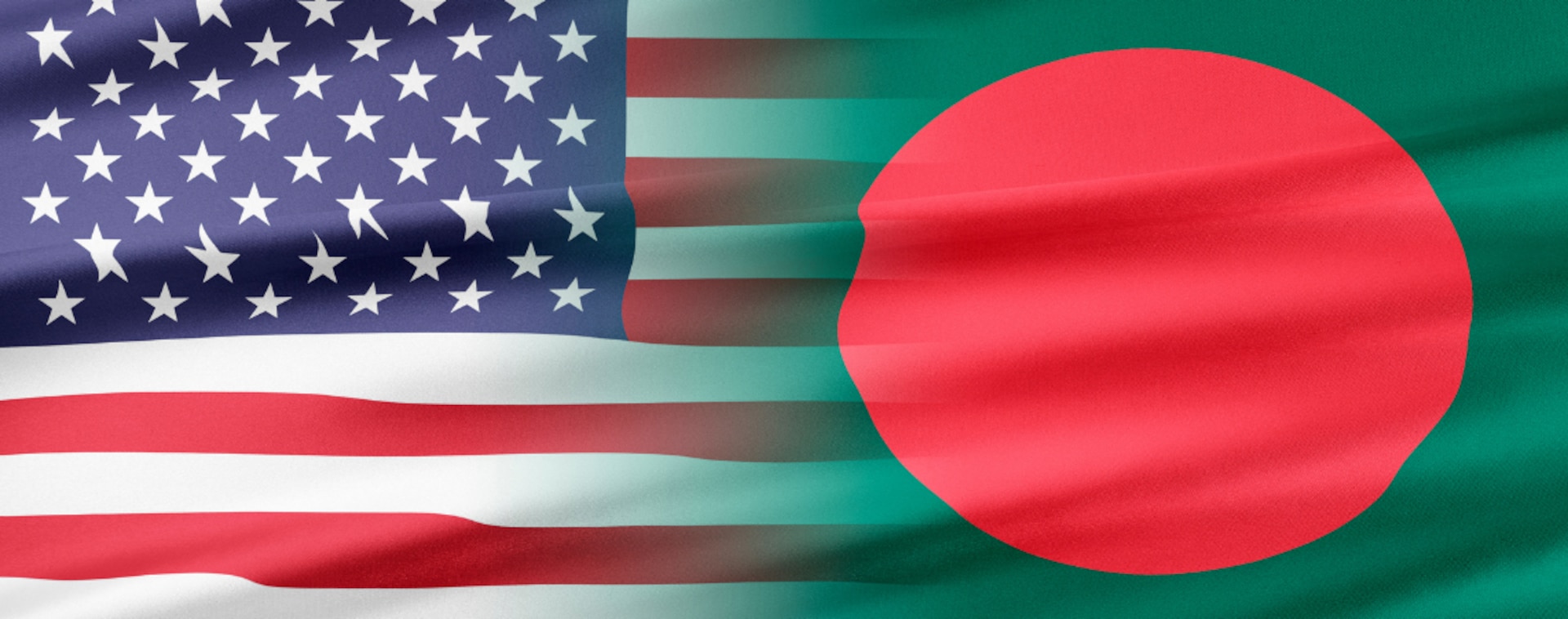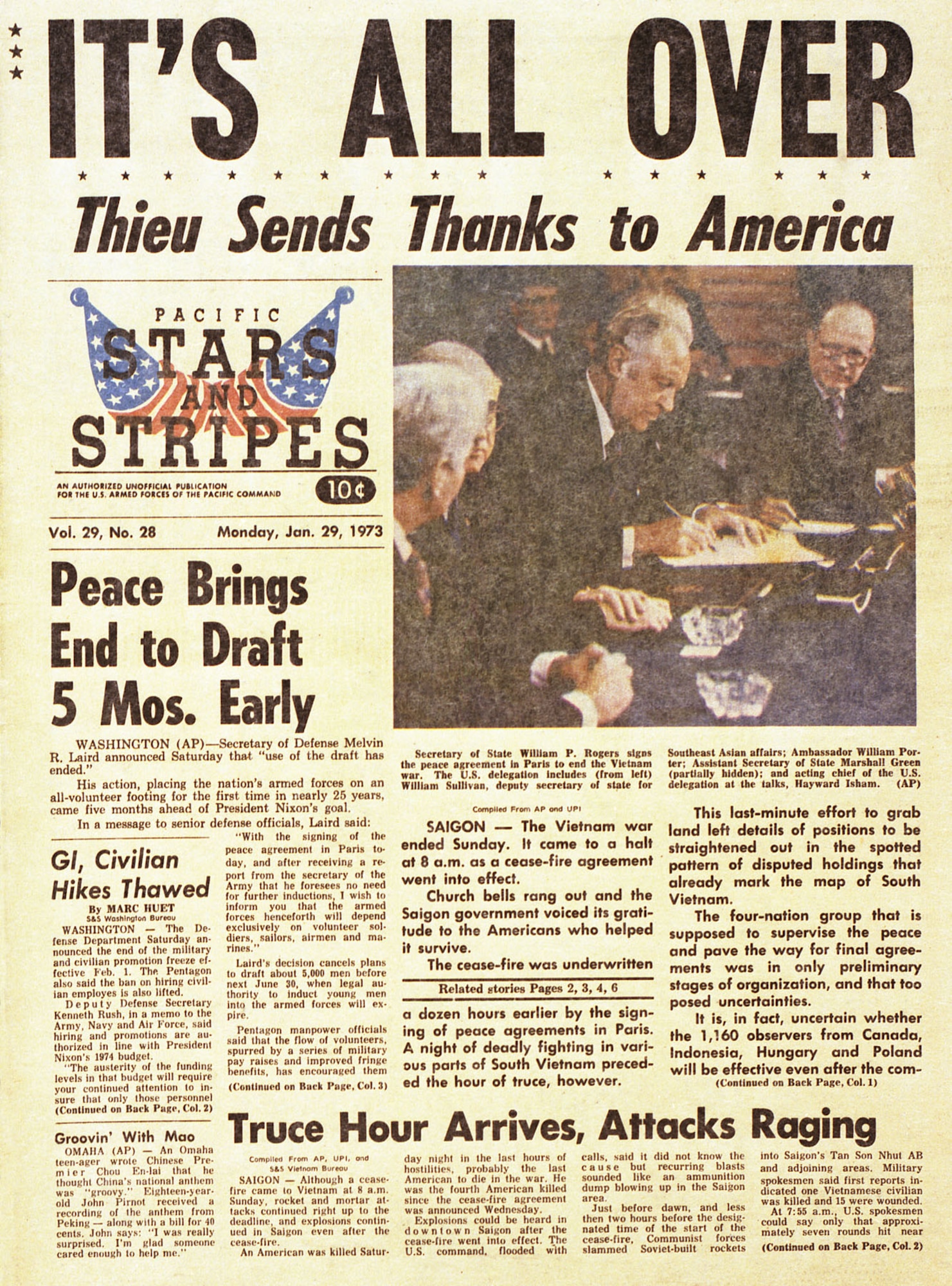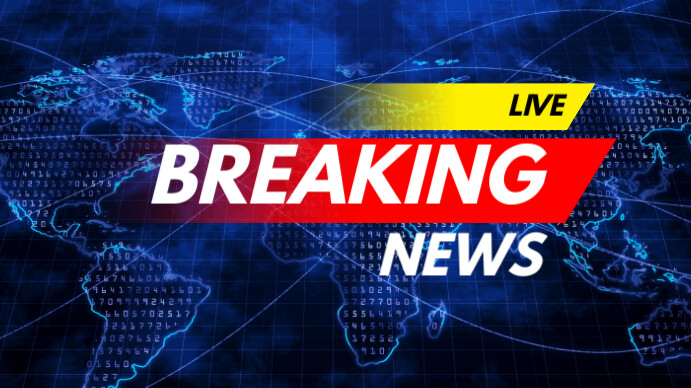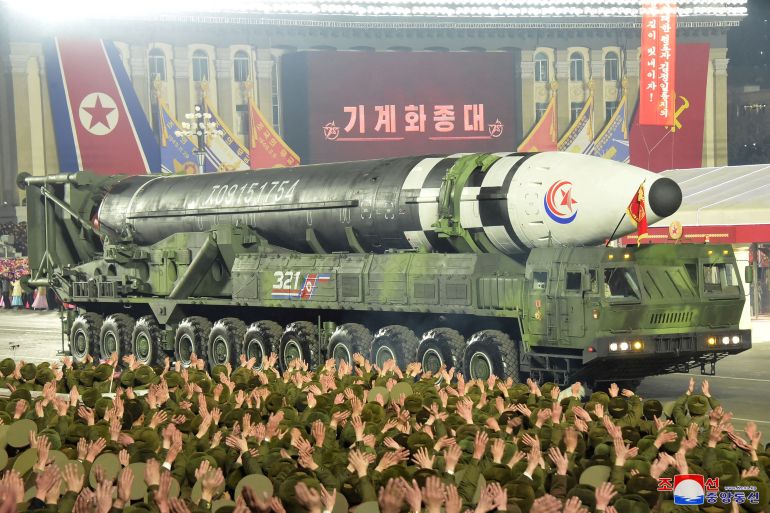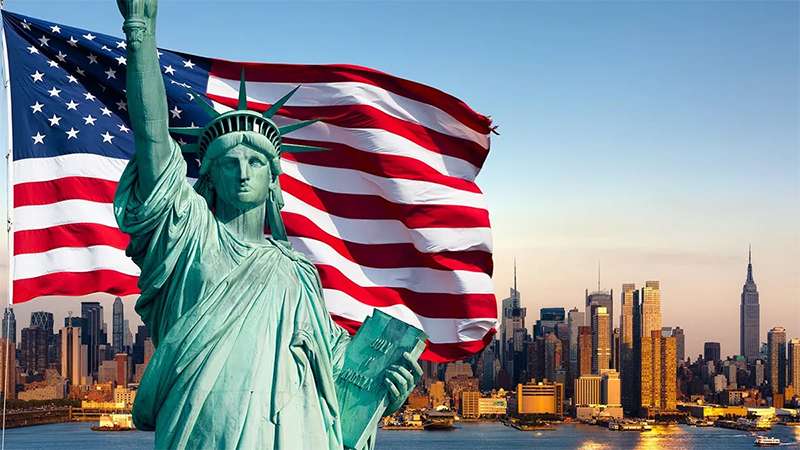Table of Contents
The USA and Iran: A Brief Historical Overview
The USA and Iran’s relationship dates back to the mid-20th century. Initially, the two countries had a friendly diplomatic relationship, especially during the reign of the Shah of Iran, Mohammad Reza Pahlavi. However, the 1979 Iranian Revolution marked a dramatic shift in their relations.
1979 Iranian Revolution and the Hostage Crisis
In 1979, the Iranian Revolution led by Ayatollah Khomeini overthrew the Pahlavi regime and established the Islamic Republic of Iran. Following this, the USA’s embassy in Tehran was stormed, and 52 American diplomats and citizens were taken hostage. The hostage crisis lasted 444 days and led to the severance of diplomatic ties between the two nations. This event remains a symbol of the deep mistrust between the USA and Iran.
The Iran-Iraq War and U.S. Involvement
Throughout the 1980s, the USA became involved in the Iran-Iraq War, providing support to Iraq under Saddam Hussein. The U.S. and Iran’s relationship became even more strained as both countries supported opposing sides of the conflict. In the years that followed, the USA implemented sanctions against Iran, particularly over its involvement in the support of terrorism and its nuclear ambitions.
Current U.S.-Iran Relations: The Nuclear Issue
The most prominent issue in nejournal.us relations in recent years has been Iran’s nuclear program. The BBC has extensively covered this issue, including the diplomatic efforts, sanctions, and the eventual nuclear deal, which have dominated U.S.-Iran relations since the early 2000s.
The Iran Nuclear Deal (JCPOA)
In 2015, under the Obama administration, the USA, along with five other world powers (the UK, France, Russia, China, and Germany), negotiated the Joint Comprehensive Plan of Action (JCPOA) with Iran. This deal was aimed at curbing Iran’s nuclear program in exchange for the lifting of economic sanctions. BBC News reported extensively on this deal, describing it as a landmark agreement in international diplomacy.
U.S. Withdrawal from the JCPOA (2018)
In 2018, President Donald Trump pulled the USA out of the JCPOA, a move that was widely criticized by many of the world’s leading powers. BBC News covered the withdrawal closely, highlighting the potential implications for global diplomacy and the risks of escalating tensions in the Middle East. After the withdrawal, the U.S. reinstated harsh economic sanctions against Iran, which further strained relations.
Biden Administration and the Nuclear Talks
Under President Joe Biden, the USA indicated a willingness to return to the nuclear deal, but the negotiations have been challenging. BBC News has kept the world informed on these developments, including the diplomatic back-and-forth, Iran’s continued nuclear advancements, and the international community’s efforts to bring the two countries back to the negotiation table.
U.S.-Iran Tensions: Military Confrontations and Proxy Wars
Aside from the nuclear issue, BBC News has reported on other areas where U.S.-Iran tensions have been felt, particularly in the Middle East, where both countries support opposing sides in various conflicts.
Iran’s Role in Middle Eastern Proxy Wars
Iran’s involvement in various proxy wars across the Middle East, including in Syria, Iraq, and Yemen, has been a significant point of contention with the USA. BBC has extensively covered these conflicts, illustrating how Iran’s support for groups like Hezbollah and Houthi rebels has escalated tensions with the USA and its allies.
Tensions in the Strait of Hormuz
The Strait of Hormuz, a vital shipping route for global oil trade, has also been a flashpoint in U.S.-Iran tensions. Iran has threatened to block the strait in retaliation for U.S. sanctions, leading to periodic confrontations in the region. BBC News provides ongoing updates on these incidents, highlighting their global economic and geopolitical ramifications.
The Future of USA-Iran Relations
The future of U.S.-Iran relations remains uncertain, and BBC News continues to monitor the situation closely. While diplomatic efforts are ongoing, especially under the Biden administration, the U.S. and Iran have significant disagreements on multiple fronts, including Iran’s nuclear program, its involvement in regional conflicts, and the lifting of sanctions.
Diplomatic Challenges and Opportunities
The BBC reports that any potential reconciliation between the USA and Iran will require delicate negotiations and trust-building measures. Many experts believe that there is still a path to diplomacy, but it will depend on both countries making significant concessions. The Biden administration’s efforts to re-engage with Iran on the nuclear issue may offer a glimmer of hope, but much remains to be seen.
The Role of Global Powers
BBC News often highlights the role of other global powers, such as Russia, China, and the European Union, in mediating between the USA and Iran. These countries have an interest in ensuring stability in the region and preventing further escalation. However, these powers also face challenges in balancing their relationships with both the U.S. and Iran.
Key Takeaways from BBC Coverage of U.S.-Iran Relations
- Complex History: The relationship between the USA and Iran has been marked by historical tensions, particularly after the 1979 Iranian Revolution and the subsequent hostage crisis.
- Nuclear Talks: The JCPOA (2015) and the U.S. withdrawal (2018) are key turning points in recent relations, with the Biden administration attempting to return to the agreement.
- Proxy Wars: Iran’s involvement in Middle Eastern proxy wars and tensions in the Strait of Hormuz continue to shape U.S.-Iran relations.
- Ongoing Diplomatic Efforts: Despite tensions, there is a continued effort to resolve issues diplomatically, with a focus on the nuclear deal and regional security.
Conclusion: The Future of U.S.-Iran Relations
The USA-Iran relationship remains one of the most critical diplomatic issues in global politics. The BBC’s coverage offers insights into the evolving dynamics, from the complexities of the nuclear issue to the broader geopolitical and regional challenges. While tensions continue to run high, the possibility for dialogue and diplomacy remains, making it an area to watch closely in the coming years.





